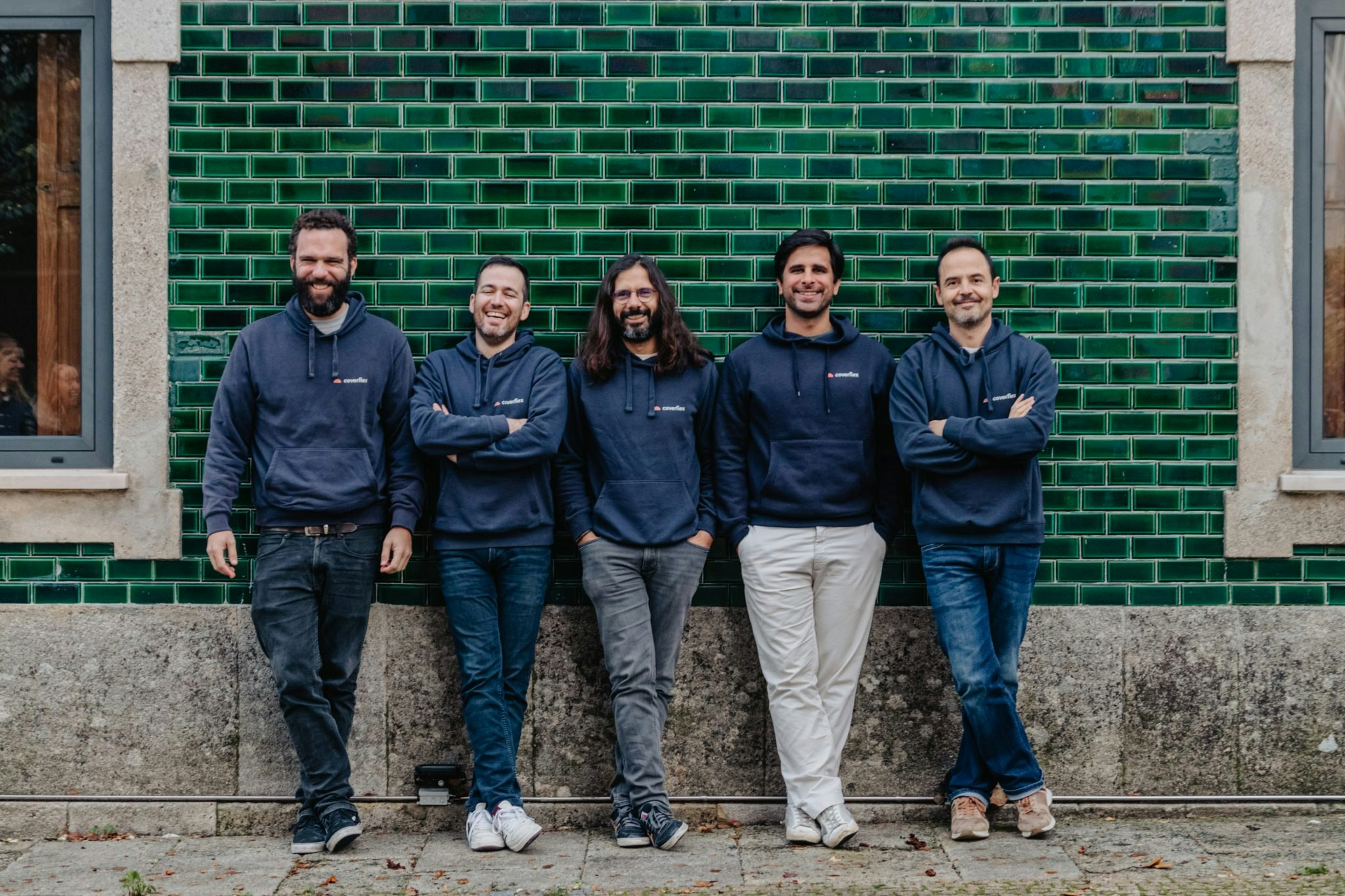Hiring is harder than ever for startups. But Madrid-based recruitment startup Circular has a novel answer to the tech talent crunch.
Its platform lets in-house recruiters at tech companies share candidates with each other. The idea is that recruiters who have been unable to place a strong candidate at their company can recommend them to other hiring managers.
Candidates who didn’t get the job get “a second chance to get hired by another company” while helping to “maintain the flow of talent across the tech industry,” say founders Pedro Torrecillas and Teo Ruiz.
“In our previous jobs at a recruitment marketplace, we noticed how recruiters were starting to share candidates in smaller groups or recommend candidates to their ex-companies. We thought this behaviour had the power to transform the industry if we could make it work at scale,” says Torrecillas.
Circular, which was founded in 2019, today announced that it had raised $10m from LocalGlobe, Point Nine and Kibo Ventures. It's also announced its expansion to London — where it already has a roster of startups and corporates on-board such as Series C-stage fintech FORM3, another LocalGlobe-backed startup, Echobox, and global news publisher Dow Jones.
The founders believe Circular is the only company in Europe offering a talent sharing platform at scale. Some companies such as Sompani based in Berlin offer talent sharing, but only with private talent pools. Sompani targets VCs and its talent platform enables VC portfolio companies to share candidates.
Currently, Circular has more than 5,500 in-house recruiters active on its platform and 19,000 candidates.
Sloppy seconds?
Torrecillas says that Circular is inspired by Airbnb: both rely on the community to rate interactions to build trust.
But just as Airbnb guests have complained about host quality, will Circular end up with subpar recruiters and candidates alongside the superstars?
Torrecillas says recruiters need to have their profile approved by Circular once they sign up, or be invited by a recruiter already in the community. Circular’s “reputation system” scores recruiters based on how many candidates they share that get successfully hired by another company, similar to how guests can score a host on Airbnb.
Currently, 50% of the recruiters that sign up to the platform have come from “word of mouth” and “recruiters recommending recruiters”.
It’s very difficult to break into the industry if you are from a minority background or a junior candidate with less experience
But what about candidate quality? How will Circular ensure the ones being recommended via its platform are still top hires?
“Quality is a matter of different metrics for different companies,” says Ruiz. “The candidate [that didn’t get hired the first time] might not have been right for one company, but it doesn’t mean they can’t be right for another company.
“Also, there’s diversity to consider. It’s very difficult to break into the industry if you are from a minority background or a junior candidate with less experience.” Junior candidates in particular are struggling to get hired as companies simply “don’t have the time” to train people, he adds.
Circular doesn’t give recruiters a diversity quota for the hires they make.
Monetisation?
Circular is yet to make any money. It doesn’t pay the recruiters on its platform or offer them commission like traditional agencies, nor does it charge candidates for having a profile.
It’s focusing more on increasing its network of recruiters and “growing fast“ in its current markets of Madrid and London rather than monetising the platform immediately.
Ruiz adds that sourcing candidates usually costs companies thousands of euros a month as it is very “labour intensive work” for the recruiters themselves, which is what makes Circular's platform such a win-win.


